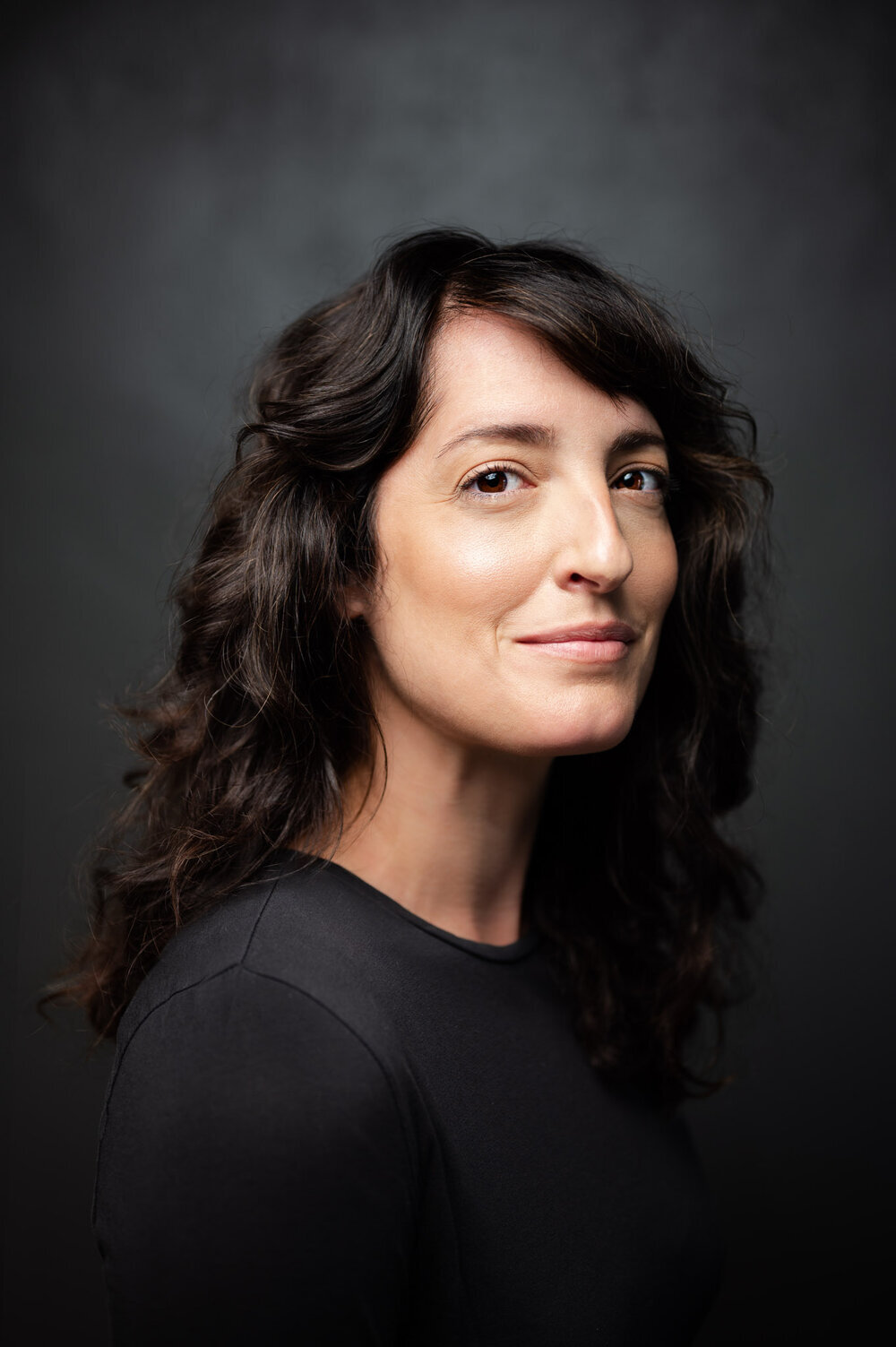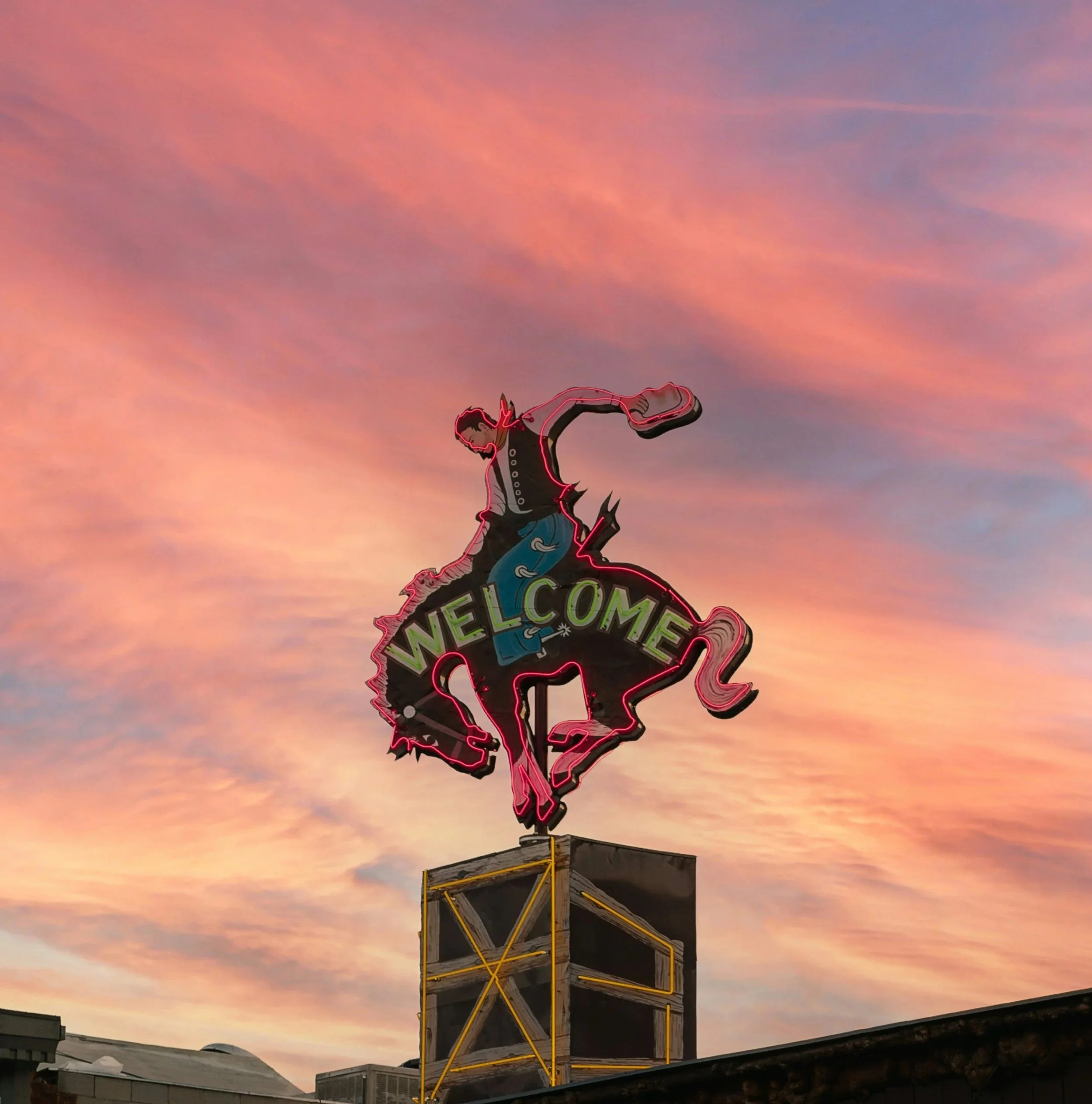To the Man Who Had a Wife

It was 1996, the summer before I left home for college, and everything was beautiful: that sun-drenched day in the teeming Appalachian foothills; that long-haired, easy-smiling girl of seventeen I used to be; even that dirty little town with its paper plant and steel plant and industrial pipe plant puffing the sky to haze and the air to a sweetly chemical stench. Three rivers converged at its center and ran high and muddy always, always.
I first saw you in the little tourist trap on the east side of town—a restored canal-era town of which I’d almost been queen—as I had lunch with my piano teacher, a woman from church. You sat at a picnic table next to us, up the hill a bit, a man who looked like any other in that place, skinny and ratty, in jeans and a T-shirt and ball cap. Your face has faded over all these years, the details. I could no longer describe you to a law enforcement official, but your essence remains: cocky, clever, smirking.
Were you also eating? Who knows? You were just there, until I noticed what you wanted me to: a hole in the crotch of your jeans with no underwear underneath. Were I the me of now, I would have cackled with laughter, pointed and called you out, but I was a girl from the Mennonite commune twenty minutes away. I was smart and nice and obeyed my father.
I looked away, told my piano teacher you were “weird.” I didn’t know what else to say. I can’t remember where I went next, but it must have been somewhere on Main Street in that tiny town, to the one clothing boutique where I liked to try on Guess? Jeans and study the Fossil watches. To the gas station. The bank. At first, I wrote you off as a simple coincidence of a small town. Overreacting, I said to myself. But after I saw you once, twice, and then again, I knew you were following me. I could no longer minimize your hunched form, the pickup in which I spotted you; your low, ugly gaze.
I wonder how it made you feel to stalk me. Did you feel like an animal, heart racing, a high-pitched alertness electrifying every last cell? Because that’s how I felt.
I sped to the public library, because my mother worked there and I thought I’d be safe. I told her what was happening, that a man was following me. Did I mention that you had exposed yourself? I imagine I did, though I’d also believe if I hadn’t, for my mother and I had never talked about sex, desire, men and women and all that could mean.
I wandered through the stacks to comfort myself, picking random books that looked interesting, as was my habit, my favorite indulgence. But then, as if I were in a bad thriller, I pulled a book from the shelf and, through the space it opened, saw your face staring back at me.
I ran to my mother at the reference desk. We called the police. I hid in the employee break room—shady and cool and dead quiet—until they came and took a limp statement from me. Nothing they could really do, they said. Just keep a look-out. Call them if I see him again. For the next hour, I swelled with anger, then shrunk down inside my helplessness, back and forth, unable to reconcile the two. Finally, I wound back up. I ventured back downstairs and out into the day.
Why did I need to go to the grocery store? What could a girl of seventeen possibly need to get? Why didn’t I just get in my old Volkswagen and speed away on the roller-coaster roads, up and over and through hills and gullies, slamming from third gear into fourth, taking each turn entirely too fast? I remember now: I did not want my day to be overtaken by fear. I went to the store and wandered the aisles to prove you had no control over me. But inexplicably—even after I’d waited hours at the library and taken care that no one was trailing me—you were there, turning quickly to examine a row of crackers, as if that’s what you were looking for.
I’m sure I swore under my breath as I stormed to the front of the store to dial the police department on a pay phone. Once connected, the operator put me on hold. As I waited, you sauntered toward me, picked up the pay phone right beside mine, dialed and then muttered in low tones, though you’d never dropped a quarter in the slot. I could have reached out and touched you. I could have slapped you. I could have screamed. Instead I waited, silent and seething.
Still on hold, I watched as you hung up and walked away. How dare you keep following me. How dare you come so close. I was about to explode. And then I did.
I ran after you, through the automatic sliding doors, past grandmothers and toddlers examining flowers, out into the afternoon heat, and yelled: “Hey! HEY! Stop following me! You’ve been following me all day and you need to stop.”
You paused, along with everyone else out there. All eyes turned to me, the hysterical girl, yelling. What was my problem? Why was I making a scene? I didn’t care. All I wanted was for everyone in earshot, out of earshot, in the entire town, or world, to know what you had done.
“I want to tell her that the shame she feels isn’t hers. It belongs to you, and her work over time will be to find ways to give it back. That she is not small and powerless despite what you did, despite the fact you got away with it.”
You turned to me, spread your arms wide, palms up. “Darlin’,” you said. “I have a wife.” As if a wife would keep you from doing such a thing. As if you were worthy of calling me “darling.”
Now, more than twenty years later, the person I’d like to speak to is that girl in the summer of 1996, now a stranger to me as well. I’d tell her what a good job—what a wonderful and brave job—she did, yelling at you. Tell her that she is strong and beyond capable, that she should keep yelling, whenever she wants, that it will serve her well in the years to come. I want to tell her that the shame she feels isn’t hers. It belongs to you, and her work over time will be to find ways to give it back. That she is not small and powerless despite what you did, despite the fact you got away with it.
Though I’d like to claim I have nothing, nothing, nothing more to say to you, stranger, in my mind I am yelling, still yelling, will always be yelling: Stop. Stop.
Stop following me.
About the Author
Rachel Yoder is the author of the novel Nightbitch and a founding editor of draft: the journal of process. She lives in Iowa City with her husband and son.
This essay appears in the “Letter to a Stranger” anthology.
Read an interview with anthology editor and OA co-founder Colleen Kinder in our newsletter.
Header photo by Mehrad Vosoughi.
Author photo by Nathan Biehl.











